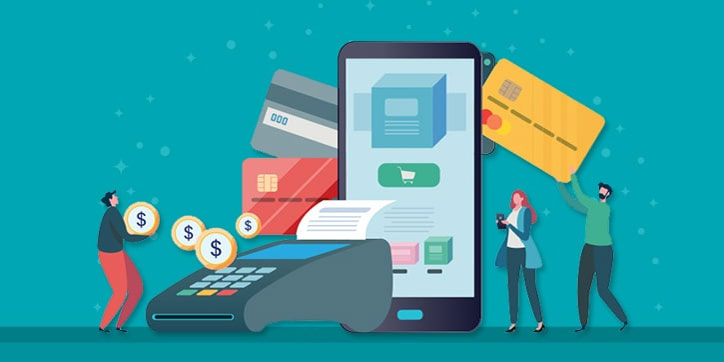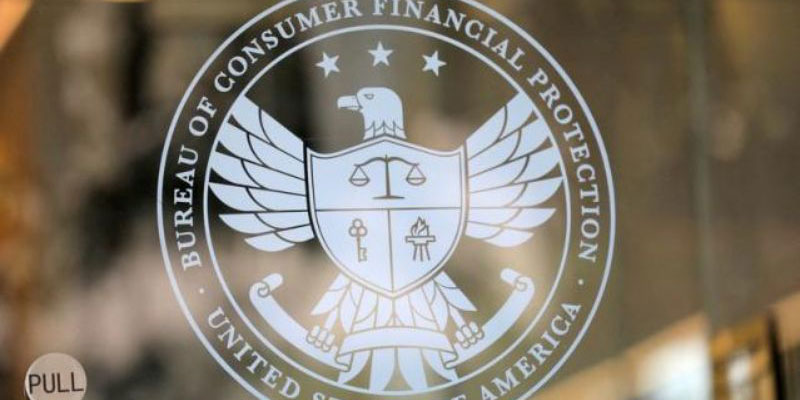How to Deal with Debt Collectors? a debt collector who wants to be paid for a consumer debt you have. The methods used to collect debts may be intrusive at best and unlawful or exploitative at worst. Knowing your rights and the limits of debt collectors' actions can help you take control of your financial situation and make the best decisions about your debt. Follow these procedures before making any statements or payments:
Three Ways To Cope With A Debt Collector
Refrain From Yielding To Demands To Pay At First Contact.
Don't hurry into paying a debt collector just like you wouldn't rush into signing a contract without first reading it carefully. Take your time paying off a debt that has been sent to collectors. Ramon Khan, a former debt collector from Texas who is now involved in web marketing, said about the industry: "A lot of people feel embarrassed of having their debt, and that's how best to deal with a debt collector." A sense of urgency is manufactured, and the customer's pain points are exploited for financial payment. They don't give a hoot if you owe $50,000 or $100,000; they want to be paid. That still counts against their quota if they persuade you to pay some of it.
Don't offer the collector any information the collector may use to get money from you, including a commitment to pay. Please inquire about the debt and offer to call back later to address it. Payment of any amount, even $5 or $10, is considered an admission of guilt and may have severe consequences. A payment will restart the clock on the statute of limitations, allowing the creditor to sue or garnish wages even though the obligation has passed the statute of limitations.
Gather The Facts

Recordkeeping is often neglected after a debt has been sold from the original creditor to a third party, who may transfer the obligation to another party. As a result, the amount owing and the debtor's identity on many auctioned debts are incorrect. For this reason, CFPB receives much more complaints about debt collection activities than any other area of consumer finance. In 2021, there were around 70,000 complaints submitted about the issue, the most common of which was that people were being asked to pay the debt they did not owe.
If you don't get a validation letter from the debt collector within five business days of initial contact, you have the right to ask for one. In it, you should describe the debt, the collection agency, and the procedures for contesting the claim. If the debt is yours, compile your records on it, including details on the original creditor and your payment history. Maintained through records of all payments made and correspondence with the debt collector. If you want to be sure that your letter was delivered, you might send it by certified mail.
Know What Rights You Have And How To Use Them
If you're having trouble with how best to deal with a debt collector, you may turn to the Fair Debt Collection Practices Act for help. The law protects you from abusive debt collectors and lays out your protections as a consumer. Consider the following as an illustration:
Communication:
You have the right to dictate the frequency, method, and duration of interaction between yourself and debt collectors. Debt collectors cannot use abusive language or threats of physical force.
Honesty:
No debt collector can make false claims regarding their identity, money owed, or the potential legal consequences of not making a payment, such as by threatening arrest.
Challenging The Debt:

In this case, you have the legal right to contest the debt. If you contest the debt during the first 30 days of contact, the collector must wait to request payment until the matter is resolved. Debts that have been disputed for more than 30 days may still be disputed, although collectors may continue to pursue payment throughout the investigation process.
If you believe you have been a victim of violating your rights under the FDCPA, you may submit a complaint to the Consumer Financial Protection Bureau. There may be other consumer safeguards available to you in your state. Get in touch with a local legal assistance organization or the attorney general's office in your state. Learn your rights about debt collection as they pertain to federal and state law. You may get helpful information from the FTC or the attorney general of your state. Know how to use your consumer rights, so be bold to write to debt collectors for additional information or insist that they stop contacting you about a debt.
Conclusion
A person whose job it is to collect debts that have been long since past due. This might be done for their benefit or the benefit of a bank, service provider, or collection agency. There are no restrictions on the collection of debts. The persons you owe money (creditors) are entitled to be paid back what they are owed. However, no one can treat you poorly or harass you. You are entitled to free legal representation if you have received a summons to appear in court. Ignoring it might result in the repossession and sale of your belongings.







